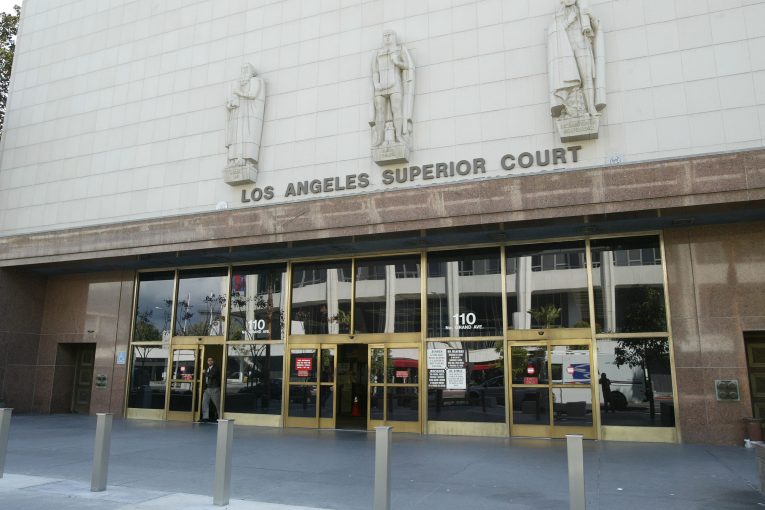
LOS ANGELES, CA — At a Friday pre-trial conference in Los Angeles County Superior Court, the accused found he will end up being physically separated from his family, regardless of sentence received because, as an undocumented immigrant, he is not only subject to deportation, but 10 years of state imprisonment for an alleged fatal shooting in March 2022.
Key circumstances surrounding the charge were the accused’s stated need to protect his family and his distrust of law enforcement. Judge Kathryn Solórzano highlighted the facts of the case as the court debated on what constitutes voluntary manslaughter versus self-defense.
“So what is the standard of ‘perfect self-defense’? Why is the counsel arguing for voluntary manslaughter?” Judge Solórzano inquired.
Deputy District Attorney Shane L. Michael proceeded to look over the security camera footage of a park’s parking lot and said, “Self-defense is immediate and necessary,” he argued. “Moreno was running away from (the accused) with his back to him. The force wasn’t necessary.”
“The defense believes this is imperfect self-defense and can be most-convincingly argued as manslaughter. We’d also like to argue for probation for the client,” defense attorney Dmitry Gorin proposed, adding, “He believed he had no other option. He felt it was not an option to call the police,” that “they won’t adequately protect him, his wife and his children.”
With the known accused’s undocumented status, defense attorney Gorin further postulated that it was “not unreasonable that (the accused) felt uncomfortable with law enforcement” in trying to resolve or report the alleged threats.
The alleged victim was involved in gang and street violence and continuously threatened the accused, said the defense. It was found that the alleged victim had a long criminal history and record.
“1992, 1993… 1994… 1996… 1999… 2000… 2001… 2004… 2006… 2007… 2017… 2018… 2019…” Judge Solórzano read out the criminal record of the alleged victim.
It was found he had “three felony convictions, a number of misdemeanors,” a four-year prison sentence, and other charges including theft, battery, assault, trespassing, disorderly conduct, possession of paraphernalia, and parole violations within the last two decades.
The judge said, “He never righted his path—he was on a path. This is somebody that wasn’t an innocent guy.”
Defense attorney Gorin cited the accused’s statement to a past detective to reinforce the power dynamics that existed throughout the prolonged provocation leading up to the incident where the accused stated, “He’s a gang member, he’s a good fighter, and I’m not a good fighter.”
While Judge Solórzano actively empathized and identified with the accused’s background and culture as a Latino and reminisced about her parents, she stated disbelief about the accused “gunning down someone in front of his own son.”
Judge Solórzano also noted that the accused’s response to the threats was “unusual.”
The judge continued asking why the accused continued to stay in close proximity to the alleged victim, stating, “He knows he’s there, why not move? If he does not trust the law enforcement, the next line of options is to move. Why didn’t he move his truck somewhere else?”
Defense attorney Gorin offered a counter-perspective, stating that “there is too much of a burden on the individuals on the receiving end. The truck is next to his residence. Why would he move his truck?”
Judge Solórzano reiterated her concerns, “If somebody is harassing you, and you don’t go to the police, then one’s first response should be to move, not kill them, especially in front of their son.”
“You can’t kill someone and have a probation case. By doing this, he gives up his life in the United States, his family’s livelihood,” Judge Solórzano stated. “There is a line, and this is what happens when someone crosses it. He ended up deprived of his access to protect his family, and the tragedy of it all is that he’ll end up deported either way.”
“He made a very bad decision,” Judge Solórzano concluded. “There were other options, and I believe that he wanted to protect his family… This deportation, this separation of family, is the result of a horrible decision.”